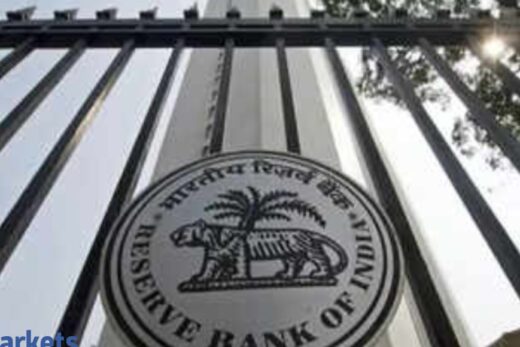A government bulletin said the Cryptocurrency and Regulation of Official Digital Currency Bill, 2021, aimed to prohibit all private cryptocurrencies in India. However, it has allowed certain exceptions to promote the underlying technology of cryptocurrency and its uses. This clause gives leeway for policymakers to allow certain tokens, some analysts said. This has kept the hopes of crypto entrepreneurs and investors alive.
“Firstly, we need to understand that there is a lot of speculation around the term private cryptocurrencies and what comprises it, which will be put to rest once the fine print of the bill is out,” said Gaurav Dahake, CEO & Founder, Bitbns. “We have been engaging with the government and regulatory authorities and they have been open and inclusive. In fact, the statement by our finance minister on adopting a calibrated approach towards regulating crypto earlier this year was a significant move in the positive direction for the industry.”
Many government officials, including Finance Minister Nirmala Sitharaman, have said they would not outrightly ban the cryptocurrencies. But earlier this month, Modi held a meeting on cryptocurrencies, after which officials said India won’t let unregulated crypto markets become avenues for money laundering and terror financing.
A major bone of contention is the Reserve Bank of India (RBI)’s strong stance. The central bank wants a complete ban on digital currencies as it fears these could affect the nation’s macroeconomic and financial stability.
Crypto entrepreneurs said the RBI’s objections were too stringent and India’s stand should emulate the moderate regulations of European countries, the US and Australia, which were planning to regulate these currencies instead of ban them.
“I am a strong proponent of governments putting regulations on cryptos,” said Anirudh Damani, Managing Partner, Artha Venture Fund. “There are 20-30 cryptos with an understandable use case for their crypto offering. However, there are more than 10,000 cryptocurrencies. Therefore, a well-drafted and clearly laid out regulation on cryptos will make it easier for crypto innovators to devise currencies with proper use cases and give security to investors that want to invest in them.”
Regulating this asset class would also lead to the development of P2P lending, cab aggregators and such, he said. “However, for me, the most crucial part of a much-needed regulation is the definition of ‘private cryptocurrencies’ and ‘certain exceptions’.”
Till the government releases more contents of the bill, many active in the industry said they prefer to wait and watch.
“We’re awaiting further details on the bill that is going to be presented in the winter session of Parliament,” said Avinash Shekhar, Co-CEO, ZebPay. “There have been many positive steps taken by the government to learn and understand cryptos and its impact on all stakeholders — investors, exchanges, policymakers. So, we’re looking forward to a crypto bill that takes into consideration all the inputs from those discussions.”



